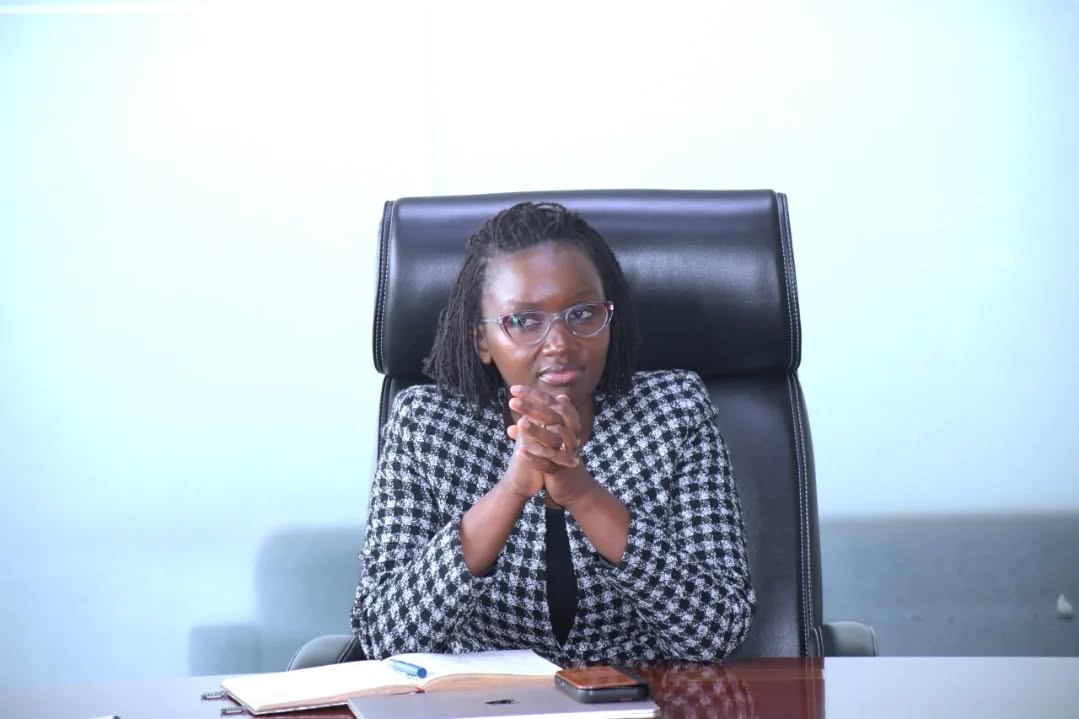JSC reveals 946 petitions against judges processed, 210 judicial staff dismissed

JSC vice-chairperson Isaac Ruto explained that while the commission can discipline judicial staff directly, judges must undergo a tribunal process before any action can be taken.
The Judicial Service Commission (JSC) has disclosed that it has processed 946 petitions against judges since its formation, forwarding 10 cases to the President for tribunal hearings and dismissing 210 judicial staff members for misconduct.
Speaking during an NTV/Nation FM simulcast, JSC vice-chairperson Isaac Ruto explained that while the commission can discipline judicial staff directly, judges must undergo a tribunal process before any action can be taken.
More To Read
- IG Kanja appeals for more resources to strengthen National Police Service
- CJ Martha Koome pushes back against criticism over parliamentary interference
- Frequent court injunctions threaten to stall Parliament’s work, Wetang’ula warns
- Court declines to hear nomination of Harold Kipchumba as Mbadi's replacement
- Supreme Court rules Chief Registrar has no powers to discipline, fire judges or magistrates
- CJ Koome roots for AJS to resolve long running land disputes in Mombasa
Ruto cited a recent case in which a judge was acquitted by a tribunal and returned to work, noting this as evidence that “clear, established procedures” are being followed.
He added that the JSC is drafting new regulations to guide the complaints process, with public participation underway to ensure transparency. “We may be late in doing that one, but we’ve started,” he said, emphasising that the regulations will help Kenyans understand how complaints are received, reviewed, and concluded.
The vice-chairperson acknowledged that the judiciary has in the past been “tidy with information,” but urged the public and the media to give the JSC more opportunities to explain its work.
“For quite some time, the judiciary has tended to be a bit reserved with information. Maybe we’ve not come out to talk much, and I think you need to give us more audience so that we can explain these things. You can also question us, especially the JSC, because the judiciary itself has already done some work in opening its doors to the public,” said Ruto.
Justice Fatuma Sichale, the Court of Appeal representative at the JSC and chair of the complaints committee, revealed that as of July 29 this year, 95 complaints were still pending before the commission.
Of these, 56 are under initial review, nine are before panels, 23 have prompted judges to respond, and one has been completed and awaits a report to the full commission. She emphasised that, contrary to public perception, the backlog is limited.
"Contrary to the possibility that people think that there are so many matters pending before the Judicial Service Commission, I want to say there are only 95. Going forward, we want to be real-time so that litigants don’t have to wait indefinitely, and judges don’t have charges hanging over their heads,” she said.
Sichale also revealed that 94 per cent of complaints received in the last two years concerned the merits of cases, while only about six per cent raised actionable issues.
Beyond complaints, both commissioners noted that the judiciary has grown significantly under the 2010 Constitution. They pointed to the establishment of the Supreme Court, specialised courts such as the Environment and Land Court and the Employment and Labour Relations Court, and the expansion of the Court of Appeal from nine to 28 judges. High Court judges now number 98 out of a possible 200, while Kadhis stand at about 45.
Digital transformation has also accelerated, with e-filing, virtual hearings, and regular judicial returns becoming part of daily operations.“When you look at what was happening before, that is certainly not what we are seeing now. It is quite a distance,” Ruto said, reflecting on past practices of arbitrary judicial harassment.
Top Stories Today













































